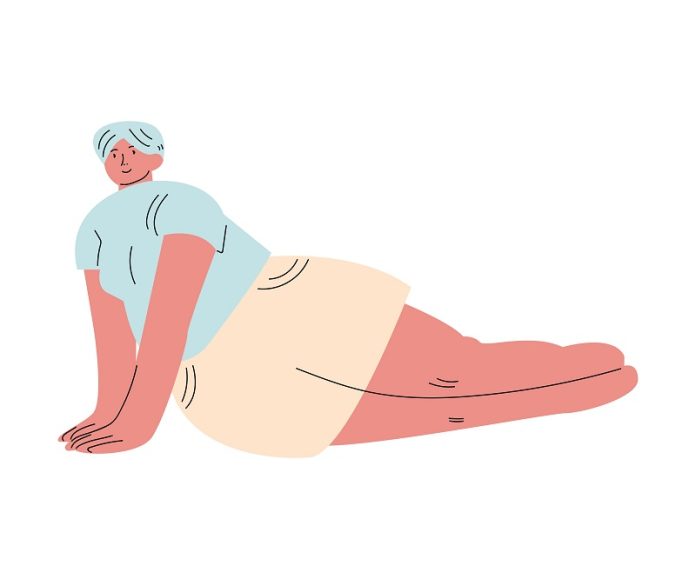
As the new year rolls in, many people turn to diets, exercise, and medications to tackle weight gain.
But recent research from the University of Colorado Boulder suggests there might be an unexpected tool to help manage weight: exposure to certain beneficial bacteria.
The study, published in the journal Brain, Behavior, and Immunity, found that animals injected with a microorganism commonly found in cow’s milk and soil were protected from gaining weight on a high-fat, high-sugar diet.
“What’s remarkable is that these animals didn’t experience the typical weight gain associated with an unhealthy diet,” said Christopher Lowry, a physiology professor and senior author of the study. “This suggests that beneficial bacteria might shield us from some of the harmful effects of a Western diet.”
Bacteria That Help Humans
The bacteria in question, known as Mycobacterium vaccae (M. vaccae), is part of a group of microbes sometimes called “old friends.”
These microorganisms evolved alongside humans and used to be common in our environment, especially in farm settings. Over time, as people moved to urban areas and adopted more sterile lifestyles, exposure to these microbes diminished.
“When we lose contact with these old friends, it can affect how our immune system functions, leading to higher risks of inflammatory diseases,” Lowry explained. Previous research by Lowry has shown that M. vaccae can reduce stress-related inflammation in mice, which inspired him to investigate whether it could also combat the effects of a poor diet.
Testing the Bacteria’s Effects
In the study, young mice were divided into groups and fed either a standard healthy diet or a junk food diet high in fat and sugar. Some mice from each group also received weekly injections of M. vaccae.
Despite consuming the same number of calories, the mice on the junk food diet without bacterial treatment started gaining significantly more weight after six weeks. By the end of the experiment, these mice weighed about 16% more than the healthy eaters and had higher levels of harmful fat around their organs.
However, the mice on the junk food diet that received the bacterial injections gained no more weight than the healthy eaters. They also had lower levels of dangerous fat. These results suggest that M. vaccae prevented the excessive weight gain typically caused by an unhealthy diet.
What’s Next?
Scientists still don’t fully understand how this bacterium helps prevent weight gain. Lowry believes it might work by reducing inflammation, improving fat quality, or boosting metabolism.
Future studies will explore whether taking M. vaccae orally or as a supplement might have the same effects and whether it could help people who are already overweight.
For now, Lowry recommends simple ways to reconnect with these beneficial microbes: spend more time outdoors, garden, and eat a variety of fresh vegetables, which often carry healthy soil bacteria. While avoiding junk food entirely is ideal, he acknowledges that it’s not easy in today’s world.
“Junk food is everywhere—more than half of the food in stores falls into this category,” Lowry said. “If we can reintroduce these helpful bacteria into our lives, we might reduce the health risks of our Western diet.”
Study Review
This research highlights a promising connection between beneficial bacteria and weight management. The study found that M. vaccae injections helped prevent weight gain and harmful fat buildup in mice on a high-fat, high-sugar diet.
While more work is needed to confirm its effects in humans, the findings open the door to potential new approaches for tackling diet-related health problems. For now, getting closer to nature and eating fresh, unprocessed foods might help us regain the benefits of these “old friends.”
The research findings can be found in Brain, Behavior, and Immunity.
Copyright © 2025 Knowridge Science Report. All rights reserved.



